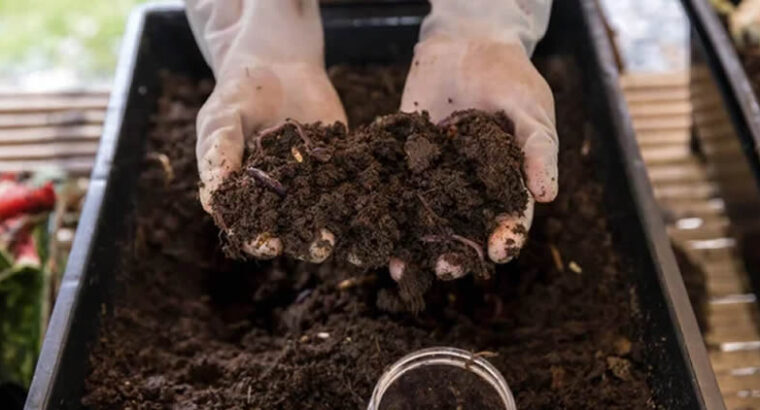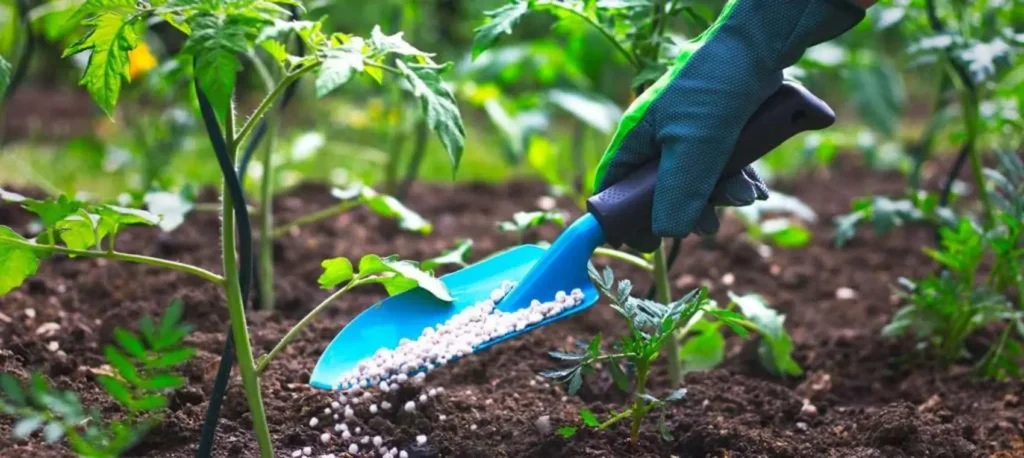How to Make Your Own Organic Fertilizer in Nigeria and Boost Farm Productivity

Nigeria, with its vast agricultural potential, is witnessing an increasing demand for sustainable farming practices. Organic farming is a viable alternative that promotes healthier soil, higher crop yields, and reduced reliance on synthetic fertilizers. One of the key aspects of organic farming is the use of natural fertilizers. This comprehensive guide will provide Nigerian farmers with step-by-step instructions on how to make organic fertilizer using locally available materials, review its effectiveness, and explore business opportunities in selling homemade fertilizers.
Understanding Organic Fertilizer
Organic fertilizer is derived from natural sources such as compost, animal manure, food scraps, and plant residues. Unlike synthetic fertilizers, which can harm soil health over time, organic fertilizers nourish the soil, enhance microbial activity, and provide essential nutrients without introducing harmful chemicals.
READ MORE: How to Export Nigerian Agricultural Products for Maximum Profit
Benefits of Organic Fertilizer for Nigerian Farmers
- Soil Health Improvement: Enhances soil structure, water retention, and microbial activity.
- Cost-Effective Alternative: Reduces dependency on expensive synthetic fertilizers.
- Environmentally Friendly: Prevents soil degradation and pollution.
- Enhanced Crop Yield: Provides balanced nutrients for healthier crops.
- Market Demand: Organic products are gaining popularity, increasing profitability.
Step-by-Step Guide to Making Organic Fertilizer in Nigeria
1. Collecting Raw Materials
To create a high-quality organic fertilizer, farmers should source the following locally available ingredients:
- Green Waste: Fresh plant matter, vegetable scraps, and coffee grounds.
- Brown Waste: Dry leaves, wood shavings, sawdust, and straw.
- Animal Manure: Poultry, cow, goat, or rabbit manure (avoid dog or cat waste).
- Eggshells: A rich source of calcium, essential for plant growth.
- Banana Peels: Contain potassium, promoting plant health.
- Wood Ash: High in potassium and phosphorus, vital for root development.
- Neem Leaves: Acts as a natural pesticide and soil conditioner.
- Groundnut Husks: Improve soil aeration and add organic matter.
- Fish Waste: Provides nitrogen and essential minerals for plant growth.
2. Choosing the Right Fertilizer Production Method
There are multiple ways to make organic fertilizer in Nigeria, including:
a) Composting
- Step 1: Select a composting site or bin with good aeration.
- Step 2: Layer green and brown materials in a 2:1 ratio.
- Step 3: Keep the compost moist but not waterlogged.
- Step 4: Turn the pile weekly to speed up decomposition.
- Step 5: In 2-3 months, the compost will be ready for use.
b) Manure Tea
- Step 1: Fill a large drum or bucket with water.
- Step 2: Add cow, poultry, or goat manure and let it steep for 48 hours.
- Step 3: Stir the mixture occasionally.
- Step 4: Strain the liquid and dilute it before application.
- Step 5: Use the tea to water crops for improved nutrient absorption.
c) Fermented Plant Juice (FPJ)
- Step 1: Collect leafy greens like cassava, moringa, or plantain leaves.
- Step 2: Mix with brown sugar in equal proportions.
- Step 3: Store the mixture in an airtight container for 7 days.
- Step 4: Strain the liquid and dilute before applying to crops.
d) Bokashi Method
- Step 1: Gather kitchen scraps and mix them with molasses.
- Step 2: Add Bokashi bran and store the mixture in an airtight container.
- Step 3: Allow fermentation for two weeks before use.
- Step 4: Mix into the soil to improve microbial activity.
3. Application of Organic Fertilizer
- Soil Enrichment: Mix compost into the soil before planting.
- Foliar Feeding: Dilute manure tea or FPJ and spray on leaves.
- Mulching: Spread organic matter around crops to retain moisture.
- Seed Treatment: Soak seeds in diluted FPJ before planting for better germination.
Case Study: Organic Fertilizer Use in Nigerian Farms

Make Organic Fertilizer in Nigeria & Boost Farm Productivity
Many Nigerian farmers are successfully adopting organic fertilizers to boost productivity. For example:
- Rice Farmers in Kebbi State: Farmers have reported higher yields by using compost and manure tea.
- Tomato Farmers in Kano: The use of fermented plant juice has significantly reduced crop diseases.
- Cassava Growers in Ogun: Organic fertilizers have improved soil health, resulting in larger tubers.
Business Opportunities: Selling Organic Fertilizer in Nigeria
1. Selling Homemade Organic Fertilizer
- Packaging: Use biodegradable bags or reusable containers.
- Branding: Create a unique name and logo for your product.
- Marketing: Advertise via social media, farmers’ markets, and local cooperatives.
2. Hosting Fertilizer Training Programs
- Conduct workshops to teach others about organic fertilizer production.
- Partner with agricultural institutions for knowledge-sharing programs.
3. Supplying to Local Farmers and Agro Dealers
- Distribute to small-scale farmers, cooperatives, and agri-businesses.
- Establish partnerships with retailers and agricultural input stores.
4. Expanding to Online Sales
- Create an e-commerce platform to sell organic fertilizers nationwide.
- Utilize platforms like Themarketsonlineng, Jumia, Konga, and social media to reach a broader audience.
Conclusion
Making organic fertilizer in Nigeria is not only beneficial for sustainable farming but also a profitable business venture. By following the outlined methods, farmers can improve soil health, enhance crop yields, and reduce costs. Moreover, venturing into organic fertilizer sales can provide an additional income stream while promoting eco-friendly agriculture.
READ MORE: Empowering Nigerian Farmers: Government Support and Loan Opportunities
Have you tried making organic fertilizer before? What challenges did you face, and what methods worked best for you? Share your experiences in the comments below! We’d love to hear from you and learn how organic farming has impacted your productivity!

Leave your comment